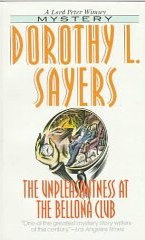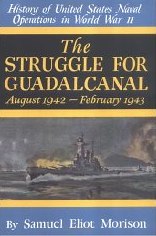In an hour, we’ll have a new president. America is leveling up.
Back in 2005, I wrote a long post. As we move ahead, it is worth remembering what we are moving beyond.
What Ended
(3 Sep 2005) What ended this week in New Orleans was not a city. The city will be rebuilt.
What ended this week was not the dream. Martin's dream still lives — not least in the outrage expressed throughout the country, from the redneck forests to the Berkeley waters, over the shabby negligence with which the victims of storm and flood were treated. And the big dream's still there, too. Somewhere in the Astrodome tonight, there's a little boy or girl who is tired and hungry and frightened, and who will grow up to be president. You can bet on it.
What ended this week was not a war, though its destined end in ignominy and failure is now assured. What ended this week a was not a presidency, though Katrina made George W. Bush, overnight, a lame duck.
What ended this week is the illusion that words can substitute for real work and real knowledge. This was the last, spectacular failure of the internet bubble, the final burnout of paper businesses that had no business and paper politicians who had no cause and paper experts whose expertise lay in their bogus credentials or in the wealth of their pals.
We'll know the details in time. We'll have years of investigations. We already know the answer. We filled key roles at the top with lawyers and promoters and press agents and cronies, and when we needed them to do their job, they held press conferences instead.
And we filled key roles on the line -- police and fire and public safety -- with too many people who weren't up to the job, or whose leaders weren't up to the job. Frightened by snipers and rumors, they sacrificed the lives of men and women and children in danger, lives entrusted to them, to save their own. They turned in their badges or grounded their choppers. Their duty was hard; they did not do it.
What ended, too, was the illusion that history is over, and the academic illusion that whatever clever argument we can make is equally good. In the last decade, arguing specious positions has been a route to funding and fame. You could argue that we didn't need better flood control in New Orleans. People did argue it -- just like they argue still for teaching intelligent design to our kids, just like they argue that global warming needs more study, that maybe the environment will take care of itself.
That's what ended. We know, now, that sometimes we need experts in jobs that require expertise. We need scholars in jobs that require scholarship. In jobs that require doing your job -- even in the face of discomfort and danger -- we need people on whom we can depend.
Most of all, we need to take responsibility to weigh the evidence, decide, and bear the weight of decision. No excuses. No press conference. No spin, because there is no need for spin.
What ended is the illusion that we can believe anything, however absurd, and make it true by insisting on it, by believing that such a nice man or such a committed woman will do a great job at FEMA or wherever. Or, if not a great job, one we can call "great".
We’ve piled our troubles high. Our challenges are many, our resources scarce, and time is not ample.
But we know, if we’re going to fix this, it will take hard work, determination, and intelligence. We don’t need a decider; we need to look at the problems, figure out what needs to be done, and get to work.
Guantanamo? Yeah, we can. Fix the economy? We can do make it better than it was. Fix our bank accounts? OK, we’ll get that too. Fix the Web? Good point — plenty to do, and it’ll help with the rest. Repair the planet? Fired up and ready to go.
.








